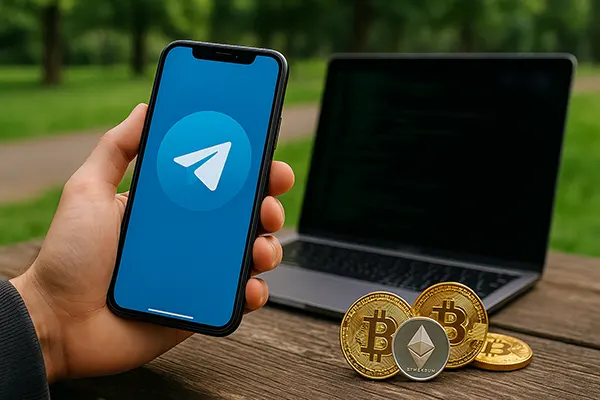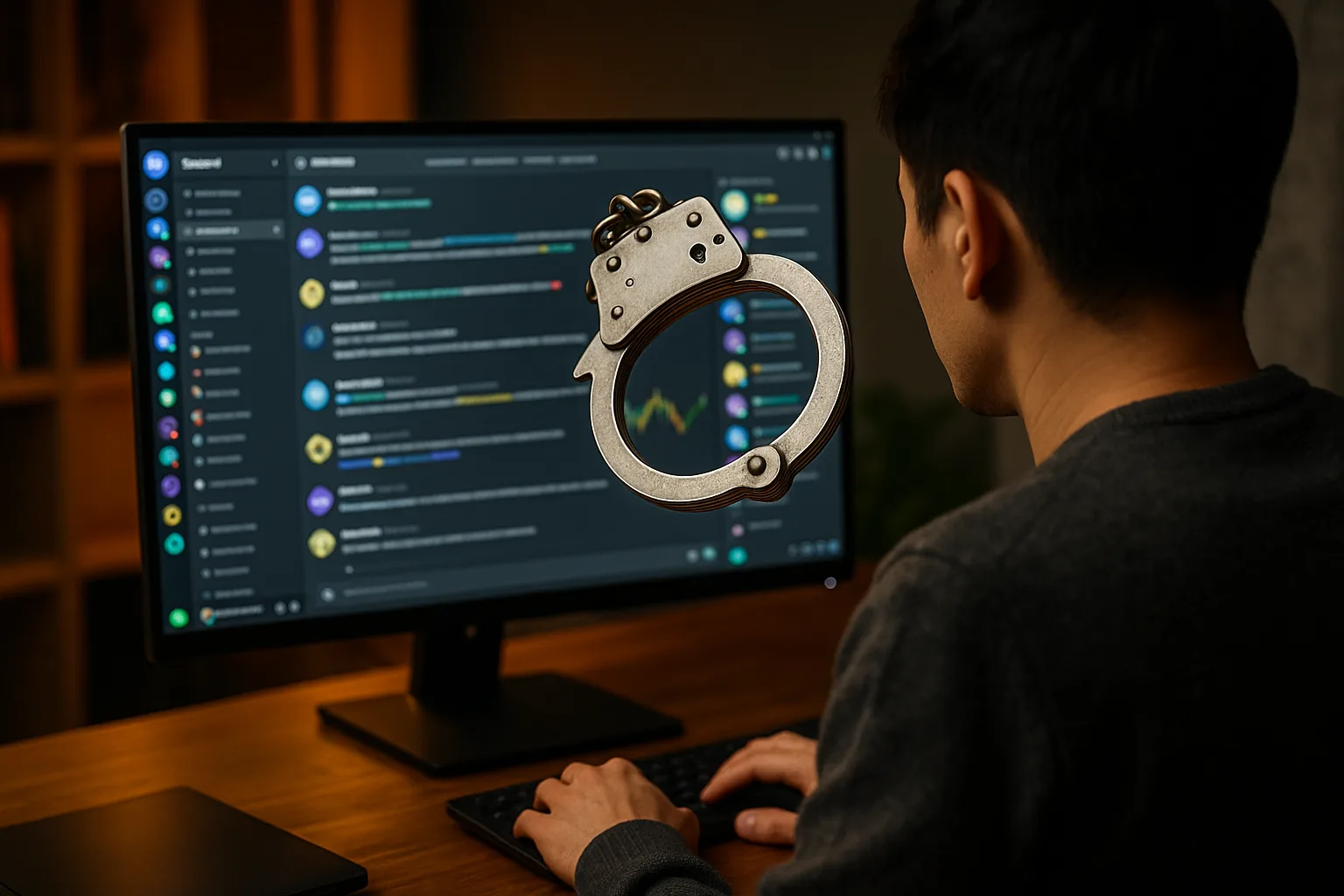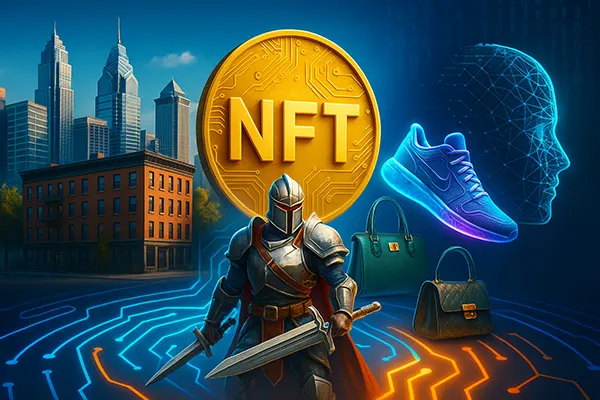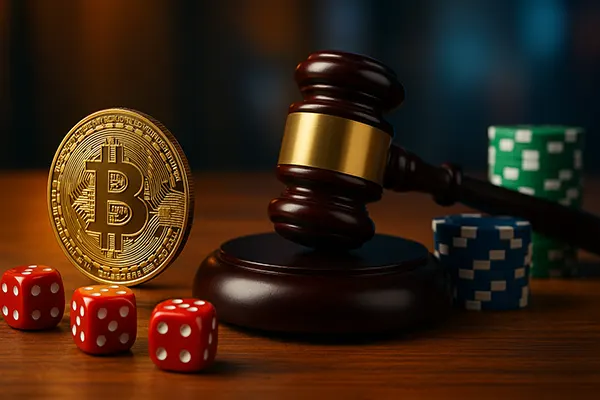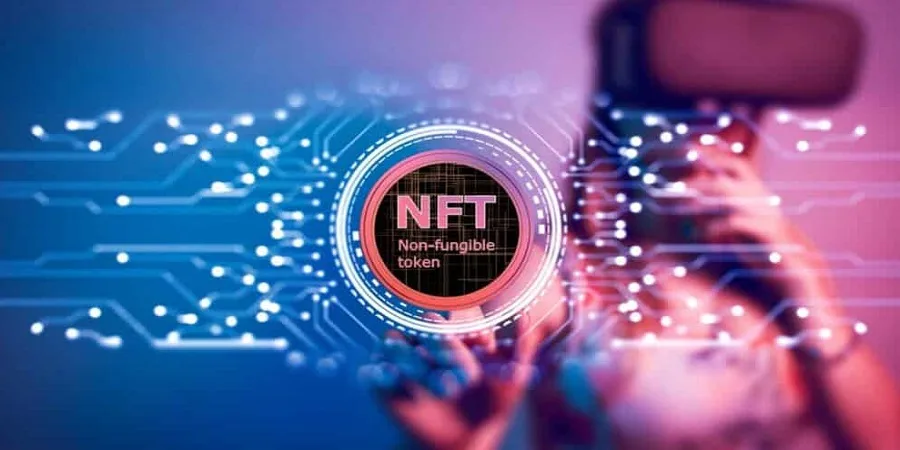
What is NFT?
Non-Fungible Tokens (NFTs) represent a breakthrough in digital ownership and authenticity, enabled by blockchain technology. Unlike cryptocurrencies such as Bitcoin or traditional money, which are fungible, meaning each unit is the same as every other unit, NFTs are unique. They can represent digital art, collectibles, and even real-world assets, ensuring that each item is distinct and cannot be exchanged on a one-to-one basis. This uniqueness has catapulted NFTs to the forefront of digital innovation, offering a new way to buy, sell, and trade digital property with verifiable ownership.
What is the Operating Principle of NFTs?
NFTs operate on blockchain technology, which acts as a decentralized ledger, recording all transactions across a network of computers. This technology ensures that each NFT is unique by assigning it a distinct digital certificate of ownership. When an NFT is created, or “minted,” its information is embedded into a blockchain, making it immutable and tamper-proof. This process guarantees the authenticity and scarcity of digital assets, allowing them to be bought, sold, or collected securely online. The transparency and security of blockchain also facilitate trust among buyers and sellers in the NFT marketplace.
What are NFT Blockchain Platforms?
Several blockchain platforms support the creation and exchange of NFTs, with Ethereum being the most prominent due to its early adoption and extensive developer community. Other notable platforms include Binance Smart Chain, Flow by Dapper Labs, and Tezos, each offering unique features and benefits, such as lower transaction fees or environmental sustainability. These platforms provide the infrastructure necessary for minting NFTs, hosting marketplaces, and securing transactions, making them the backbone of the burgeoning NFT economy.

NFT Token – How to Start and Try to Make Money on It
Getting started with NFTs involves a few key steps: selecting a blockchain platform, creating a digital wallet, purchasing some cryptocurrency (usually Ether for Ethereum-based NFTs), and connecting to an NFT marketplace. Once set up, you can either create (mint) your own NFTs if you’re an artist or content creator or buy and sell existing NFTs. To make money, creators sell their digital works directly to buyers or through auctions, while investors can speculate on NFTs, purchasing them with the hope that their value will increase over time. Engaging with NFTs requires understanding the market, recognizing trends, and being aware of the digital art and collectibles space. Another option to get NFTs is to participate in the Spillehallen casino tournament, where players are awarded unique NFTs as a prize.
Will Blockchain and NFT Technologies Change the World?
Blockchain and NFT technologies hold the potential to transform a wide array of industries beyond the art market. They introduce a new paradigm for ownership, copyright management, and digital rights in the music, gaming, and entertainment industries, among others. By enabling secure, transparent, and decentralized transactions, blockchain and NFTs could revolutionize how we engage with digital content, manage identity verification, and even streamline supply chains and real estate transactions. While it’s still early days, the disruptive potential of these technologies has sparked global discussions about a future where digital and real-world assets are traded and owned in completely new ways.

